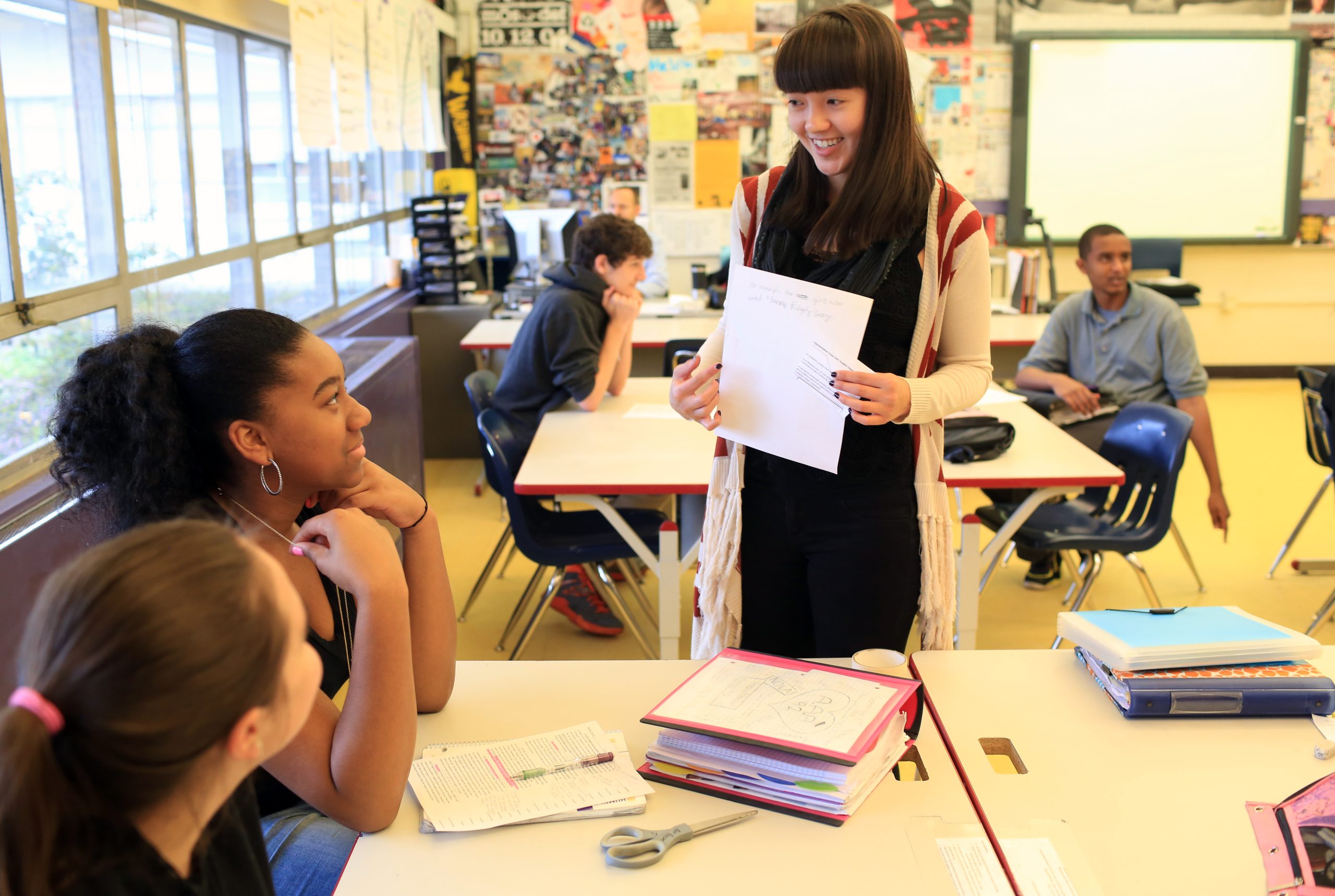Expanding Horizons: The New Perspectives in Social Studies Curriculum


Embracing the dynamic landscape of education, the New Perspectives in Social Studies Curriculum marks a significant stride towards reshaping how we approach the study of society, history, and civics. This article explores the key features and objectives of this innovative curriculum, reflecting a commitment to providing students with a comprehensive and forward-looking social studies education.
**1. Interdisciplinary Exploration: At the core of the New Perspectives curriculum is an emphasis on interdisciplinary exploration. Recognizing the interconnected nature of social studies, students will delve into a curriculum that seamlessly integrates history, geography, economics, and civics. This approach fosters a holistic understanding of societal dynamics and prepares students for the multifaceted challenges of the modern world.
**2. Inquiry-Based Learning: The curriculum adopts an inquiry-based learning approach, encouraging students to ask questions, analyze primary and secondary sources, and draw informed conclusions. This shift from rote memorization to active inquiry cultivates critical thinking skills, empowering students to navigate complex issues and develop a nuanced understanding of historical and contemporary events.
**3. Global Perspectives: New Perspectives takes a global stance, exposing students to diverse perspectives and cultures. The curriculum includes global case studies, comparative analyses, and opportunities for cross-cultural exploration. By fostering an appreciation for global interconnectedness, students develop the cultural competence necessary to thrive in an increasingly globalized society.
**4. Civic Engagement Experiences: A hallmark of the curriculum is its commitment to fostering civic engagement. Students are not passive recipients of information but active participants in civic life. Through hands-on experiences, simulations, and community involvement, the curriculum instills a sense of civic responsibility and prepares students to be informed and engaged citizens in their communities and beyond.
**5. Digital Literacy and Technology Integration: Acknowledging the digital era, the curriculum places a strong emphasis on digital literacy and technology integration. Students will harness the power of technology to access information, critically evaluate digital resources, and communicate effectively. This prepares them for the demands of a digitalized society and equips them with essential skills for the future.
**6. Current Events Integration: The New Perspectives curriculum maintains relevancy by integrating current events into the learning experience. By connecting historical concepts with contemporary issues, students gain a deeper appreciation for the relevance of social studies in understanding and addressing the challenges of the present and future.
**7. Community and Collaborative Learning: Recognizing the importance of community and collaboration, the curriculum encourages students to work together, share ideas, and engage in collaborative projects. This not only fosters a sense of community within the classroom but also prepares students for the collaborative nature of the workforce and civic life.
**8. Teacher Professional Development: The successful implementation of the New Perspectives curriculum relies on well-prepared educators. Professional development opportunities are an integral part of the curriculum, ensuring that teachers are equipped with the knowledge, skills, and resources needed to facilitate a dynamic and enriching social studies education.
Conclusion: The New Perspectives in Social Studies Curriculum invites students and educators alike to embark on a journey of exploration, inquiry, and engagement. By broadening horizons, integrating disciplines, and embracing the globalized world, this curriculum aims to cultivate a generation of critical thinkers, informed citizens, and active contributors to society. As we adopt these new perspectives, we anticipate a transformative impact on social studies education, preparing students to navigate the complexities of our ever-evolving world.



